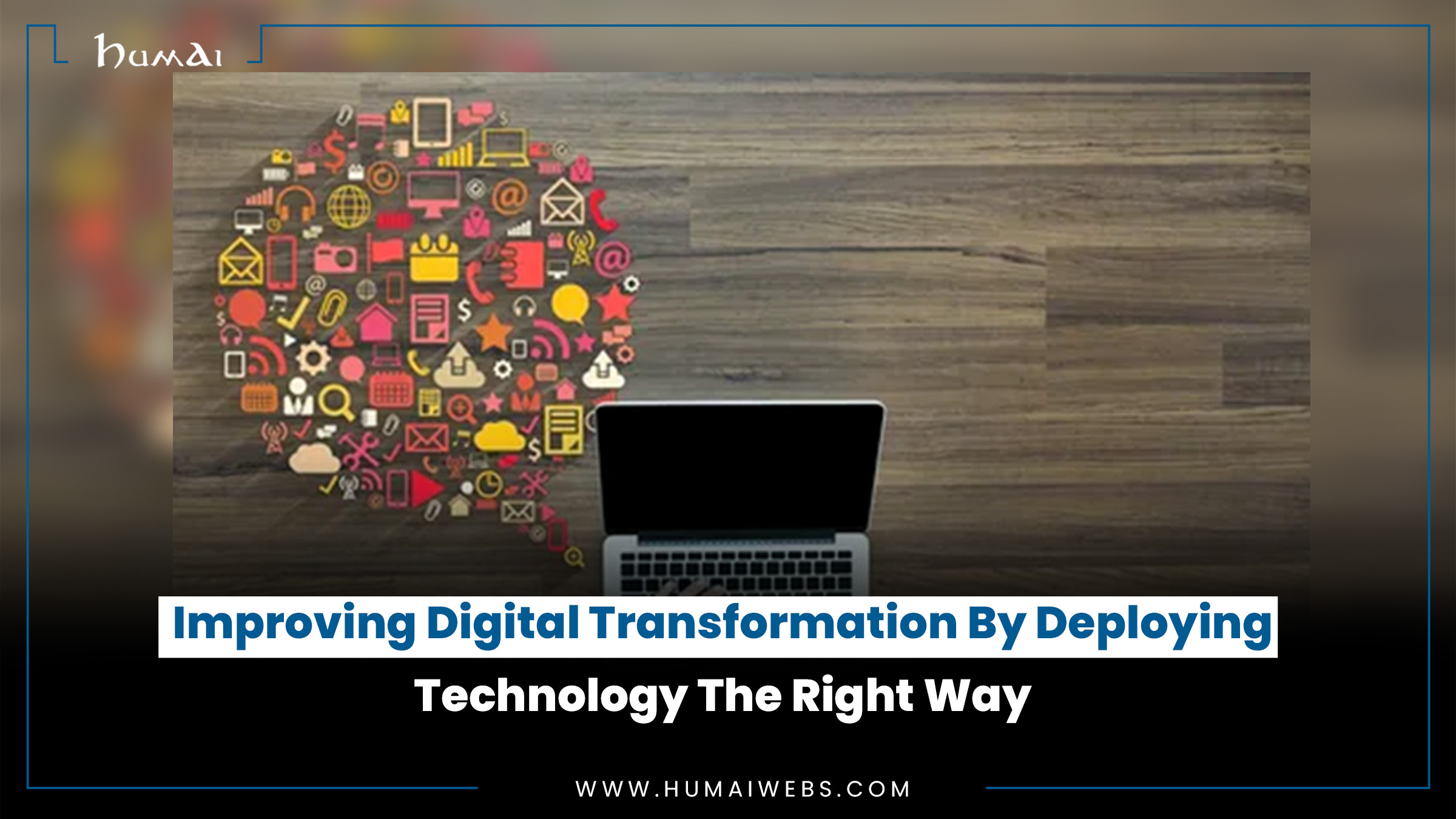
Walmart Commerce Technologies, the technology arm of Walmart, has announced a partnership with Salesforce, a leading customer relationship management (CRM) platform. The partnership aims to unlock local fulfillment and delivery solutions for retailers to help them meet the growing demand for online shopping and same-day delivery.
The partnership will leverage Walmart’s vast network of stores and distribution centers, as well as its expertise in supply chain management, to provide retailers with access to a range of local fulfillment and delivery solutions. This will include in-store pickup, curbside pickup, and same-day delivery, as well as the ability to ship products directly from stores and distribution centers.
In addition, the partnership will make use of Salesforce’s CRM platform to provide retailers with real-time visibility into their inventory and customer data. This will allow retailers to better manage their supply chain and improve the customer experience by providing more accurate delivery estimates and tracking information.
The partnership will also use Salesforce’s Einstein AI to analyze customer data and provide retailers with insights into customer behavior and preferences. This will allow retailers to personalize the shopping experience and improve their marketing efforts.
The partnership is part of Walmart’s larger strategy to expand its e-commerce capabilities and provide retailers with a range of digital solutions. The company has been investing heavily in technology and logistics to improve its online sales and delivery capabilities, and this partnership with Salesforce is the latest in a series of moves to strengthen its position in the e-commerce market.

In conclusion, Walmart Commerce Technologies and Salesforce partnership aims to unlock local fulfillment and delivery solutions for retailers to meet the growing demand for online shopping and same-day delivery. This partnership will leverage Walmart’s vast network of stores and distribution centers, as well as Salesforce’s CRM platform, to provide retailers with a range of local fulfillment and delivery solutions, real-time visibility into their inventory and customer data and insights into customer behavior and preferences. This partnership is the latest step in Walmart’s broader strategy to strengthen its e-commerce capabilities and become a leading provider of digital solutions for retailers.
The Walmart Commerce app is the company’s answer to Amazon Prime Now and other delivery services like Instacart. It allows shoppers to order items from Walmart stores, which will be delivered within two hours of placing the order—a timeframe that beats many other delivery services out there.
The app was first announced in September as a test program for select customers in Los Angeles, San Francisco and Chicago; now it’s being rolled out more broadly across six more markets: Dallas-Fort Worth; Houston; Phoenix (for some reason); Portland; Seattle/Tacoma/Yakima (the West Coast) and Tampa Bay Area.
According to Walmart CTO Tony ····, the company plans on expanding beyond these initial markets because “we see huge opportunity once we have this infrastructure established.”
Walmart’s Commerce Platforms unit

The program is being developed by Walmart’s Commerce Platforms unit, which is a project of WMT’s Center for Growth and Innovation and is chaired by co-founder Marc Lore. It includes an e-commerce fulfilment centre that can handle up to one million orders per day and will be based in the United States.
The company plans to open its first such facility in 2020, with other locations coming online over time. In addition to offering direct delivery capability (which should appeal to smaller retailers), Walmart is also working on solutions that enable third parties to deliver products directly from their warehouses—something they’ve been doing since 2013 when they launched Same Day Delivery service through Jet.com.
In addition to these two initiatives, Walmart continues to invest heavily into its logistics infrastructure as it seeks ways for customers around the globe who live far from local stores but are still interested in shopping online at their leisure hours without having too many excuses not doing so.
The company will test the service in stores in San Diego and Seattle, two markets that do not currently have home delivery services.
“We’re thrilled to be partnering with Walmart.com on this next phase of our partnership,” said Mindy Pollak, vice president of commerce at Salesforce Commerce Cloud, in a statement. “This is an exciting time for us as we work together to help retailers grow their businesses.”
Elastic Path
In this case, Elastic Path is a start-up based in Los Angeles. The company is developing the primary technology behind the app, which uses voice recognition on a smartphone to allow shoppers to place an order with a voice command and then track the status of that order from a mobile device.
Elastic Path’s founder and CEO, Drora Adler, says she believes there will be many benefits for retailers that opt for this approach over traditional solutions like Shopify and Magento. For example: “It’s more secure than using credit cards because it doesn’t require them (the customers) to enter their personal information; they can just say what they want,” she said.”
“We’re excited about being able to take our experience of being able to deliver orders through our stores and leverage that into this new technology,” said Roz Gunterman, CIO of Walmart.com and Center for Growth Retail at WMT.
The app will be available to select customers in six markets across the US. These include San Diego and Seattle, which do not currently have home delivery services.
The partnership between Walmart and Salesforce comes at a time when retailers are looking for new ways to increase sales online and outsource fulfilment functions. Last year, just over 63% of all online sales were made through third-party vendors such as Amazon or eBay; this number is expected to grow by 20% by 2020, according to Forrester Research’s latest forecast on retail technology trends—a trend that could help retailers avoid some costly mistakes like last year’s fiasco involving mismanaged inventory levels at Target stores across America.







